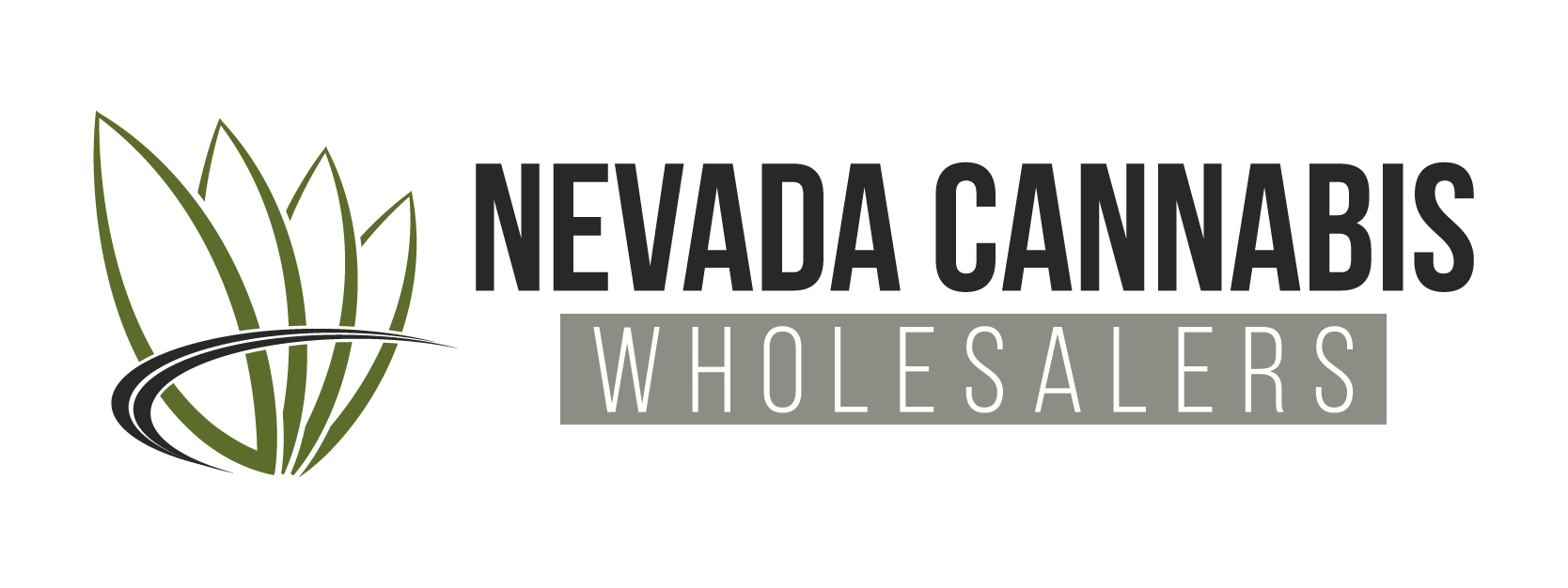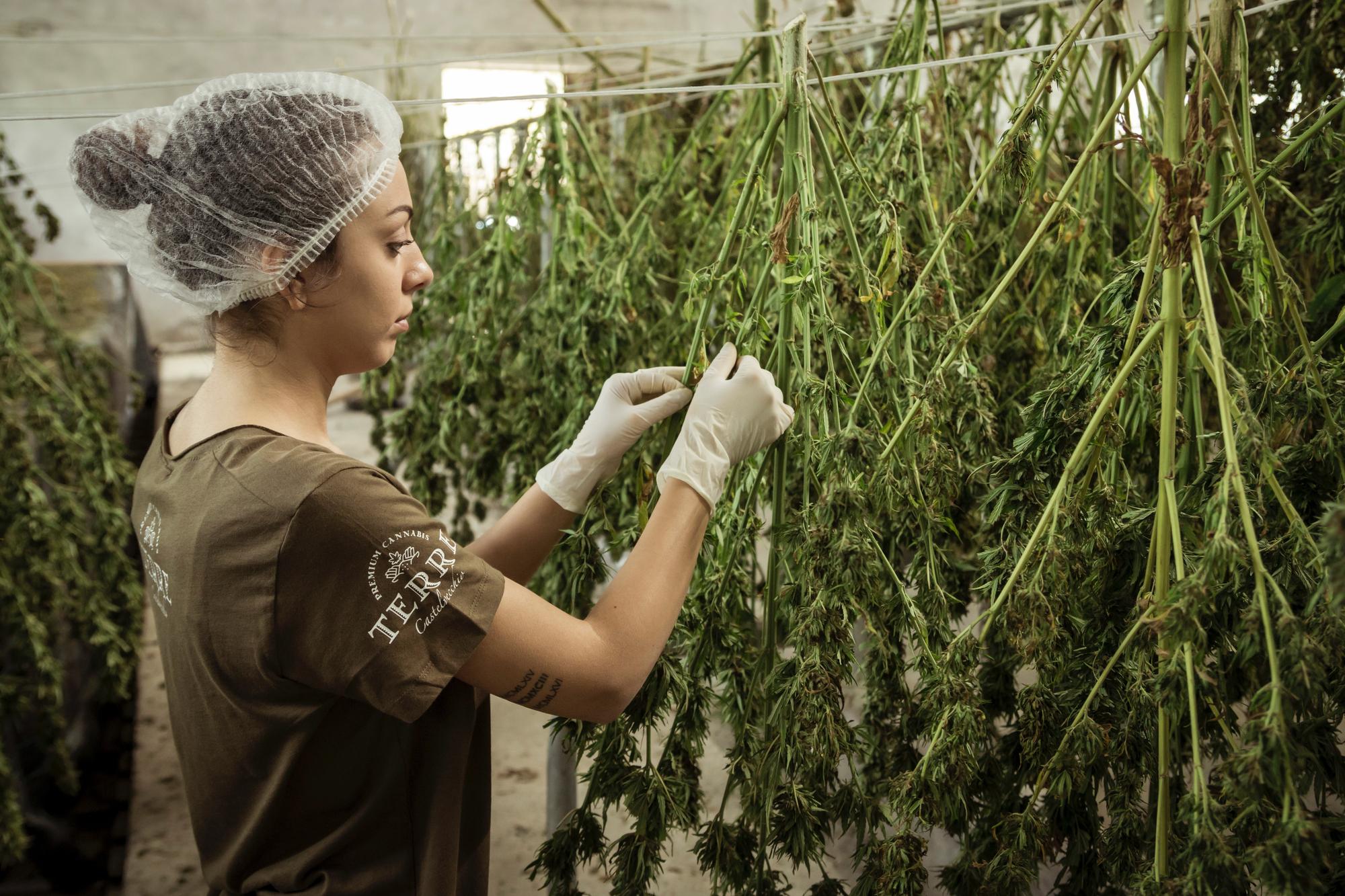Navigating Nevada’s cannabis licensing framework is essential for wholesalers who want to operate efficiently and compliantly in one of the most tightly regulated markets in the country. Overseen by the Nevada Cannabis Compliance Board (CCB), the licensing system is designed to maintain public health, consumer safety, and integrity within the state’s cannabis supply chain. For wholesalers, understanding these requirements is not just about compliance—it is about ensuring smooth operations and building sustainable business relationships across the state.
The Role of the Cannabis Compliance Board (CCB)
The CCB was established in 2020, modeled after Nevada’s long-standing gaming regulatory system. Its mandate is to oversee all aspects of cannabis regulation, including licensing, compliance enforcement, and disciplinary action. Wholesalers must recognize that the CCB holds broad authority, including the ability to suspend, revoke, or deny licenses based on violations of Nevada Revised Statutes (NRS) 678 and related administrative codes.
Licensing Categories Relevant to Wholesalers
In Nevada, wholesalers typically operate under cultivation, production, or distributor licenses, each with distinct responsibilities:
- Cultivation Licenses: Allow the growing of cannabis plants for wholesale distribution to licensed producers or retailers.
- Production Licenses: Permit the creation of cannabis products, including extracts, concentrates, edibles, and topicals.
- Distributor Licenses: Authorize the transport of cannabis between licensed establishments, including retail dispensaries, cultivation sites, and testing labs.
It is important for wholesalers to note that retail sales to consumers are only permitted by licensed dispensaries. Any wholesale activity must remain business-to-business (B2B).
Key Compliance Requirements
Wholesalers face rigorous compliance obligations in Nevada. Among the most critical are:
Application and Renewal Process
Obtaining a license in Nevada requires a detailed application process, including financial disclosures, background checks, and operational plans. Wholesalers must demonstrate “good moral character” and financial stability, ensuring the industry remains free from criminal influence.
Licenses are not permanent; they must be renewed annually with proof of continued compliance. Renewal applications are subject to review, and any violations—ranging from improper recordkeeping to unlawful transfers—can impact approval.
What Wholesalers Should Prioritize
For wholesalers seeking success in Nevada, three priorities stand out:
- Compliance Culture: Building internal compliance teams and training staff reduces risks of violations and penalties.
- Strong B2B Relationships: Retailers and cultivators prefer to work with wholesalers who consistently meet compliance and quality standards.
- Staying Informed: The regulatory landscape evolves, with the CCB regularly issuing bulletins, policy updates, and enforcement advisories. Wholesalers who stay current with changes are better positioned to adapt.
The Bottom Line
Nevada’s cannabis licensing system is strict by design, ensuring that only qualified operators participate in the supply chain. For wholesalers, mastering the requirements—from licensing categories to compliance protocols—is crucial for long-term success. By prioritizing transparency, security, and regulatory adherence, wholesalers not only avoid costly violations but also build credibility in one of the most competitive cannabis markets in the United States.

